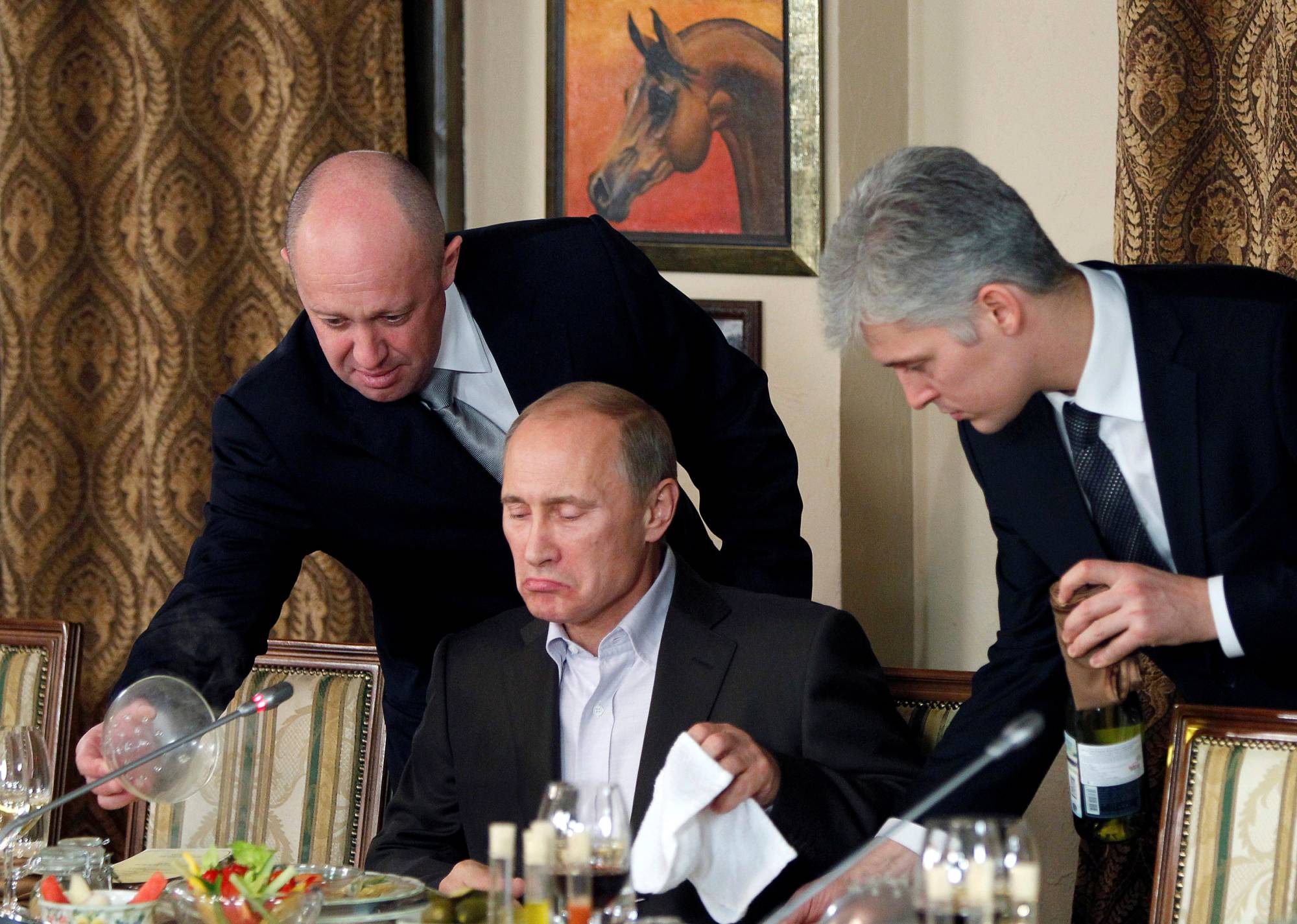Nearly one week after Yevgeny Prigozhin launched his failed mutiny against Russian President Vladimir Putin, questions have only multiplied and uncertainty has grown.
Prigozhin, head of the Wagner Group, essentially a mercenary force that operates with the tacit support of the Russian government, marched with his soldiers to within 200 kilometers of Moscow before accepting an offer to go into exile in Belarus. It isn’t clear why he initiated the mutiny nor why he called it off.
Putin has survived the worst crisis of his 23 years in power — but he is weakened. He no longer knows who he can trust and when raw power is the ultimate arbiter of disputes, his is a dangerous position to be in.



















With your current subscription plan you can comment on stories. However, before writing your first comment, please create a display name in the Profile section of your subscriber account page.